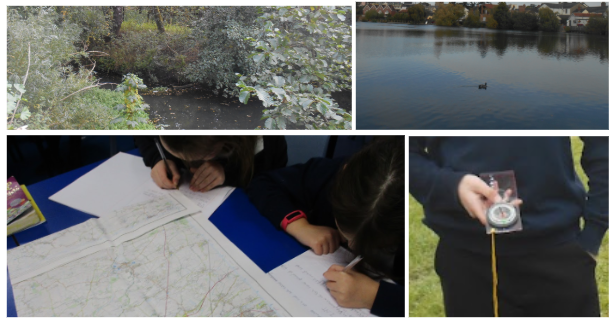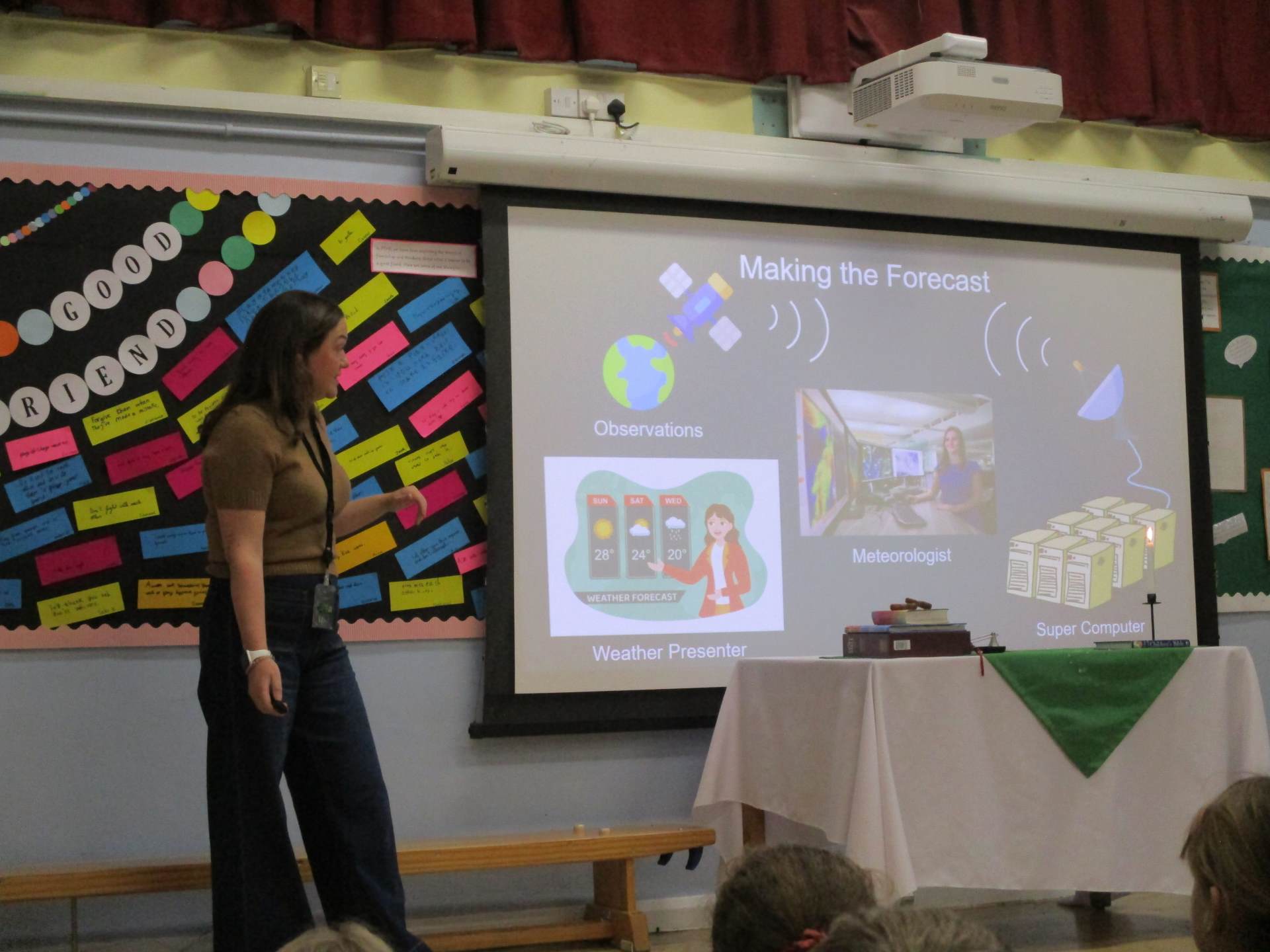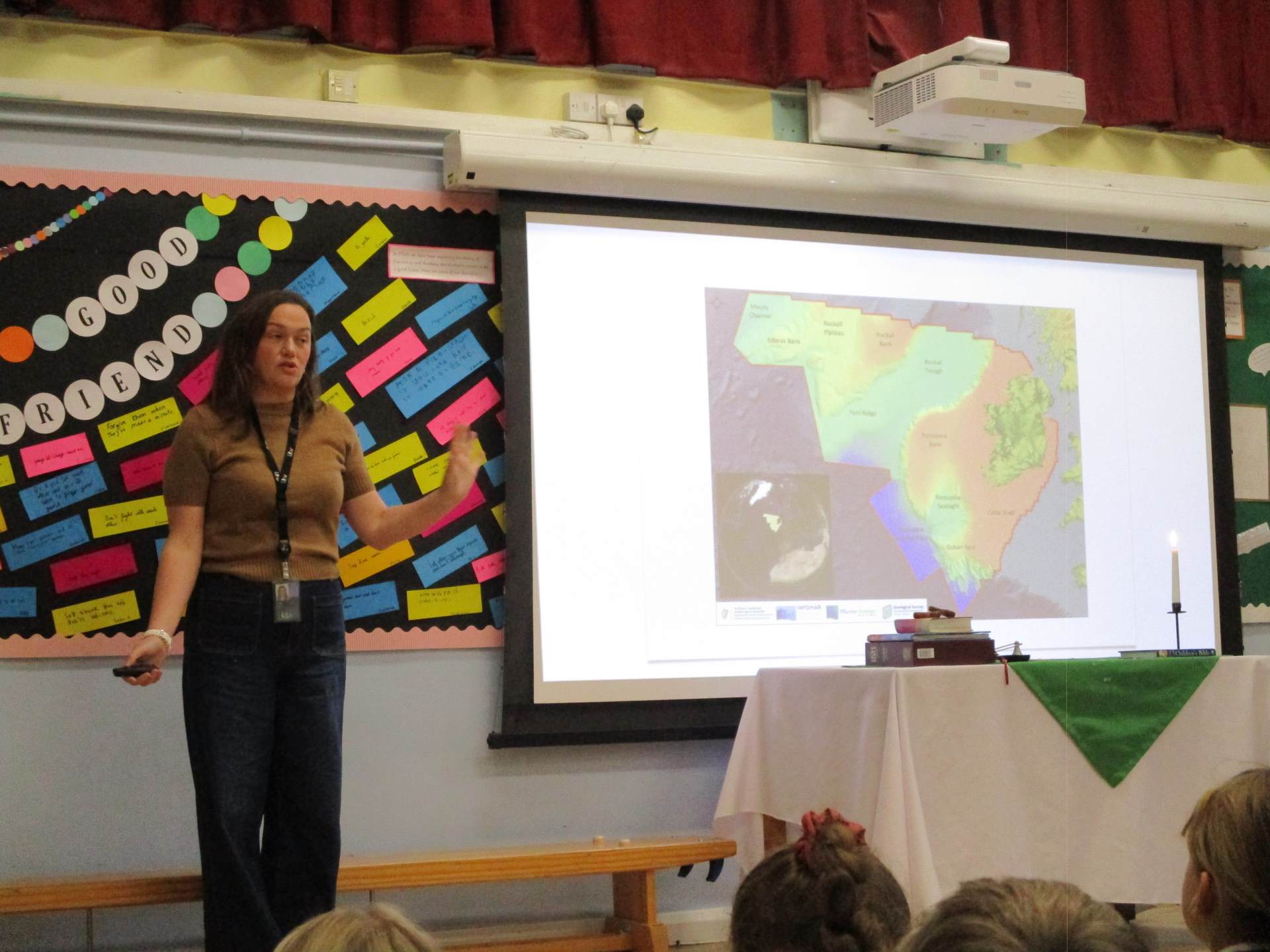Geography
Intent
Our curiosity for the world around us begins at an early age. Geography allows us to understand and explore the ‘what’, the ‘where’ and the ‘how’ of our world; giving us the knowledge we need to understand where, how and why events occur, their impacts on the environment and how they have then influenced people’s lives in the past, the present and the potential future. Our Geography curriculum enables pupils to make sense of the world and learn how events from both their own localities and the wider world can impact them directly and indirectly. Pupils will understand, describe and appreciate the world whilst also being able to discuss and debate issues on a local, national and global scale.
Geographical enquiry is interwoven throughout our curriculum, enabling pupils to build their:
- Deep knowledge of locations, places and geographical landscapes across the world
- Understanding of the conditions, processes and interactions that explain features, patterns and changes over time and space
- Application of skills in observing, collecting, analysing, evaluating and communicating geographical information
Spirituality:
In Geography, we push our pupils beyond the confines of their everyday experience, to encounter places and landscapes that they would otherwise not meaningfully understand. This brings a sense of awe and wonder of the world, increases care and compassion for the planet and its inhabitants, and raises understanding of and tolerance for different ways of living.
Implementation
The Key Stage 1 and Key Stage 2 curriculum builds on the National Curriculum framework for Early Years Foundation Stage, particularly the area of learning and development ‘Understanding the World’. Throughout their time at Diss Primary Academy, pupils will build their substantive geographical knowledge alongside the disciplinary concepts. These have been interwoven into the half termly units of work, enabling children to build progressive knowledge and skills and reinforce and apply these across a number of different contexts. Each unit of work has an enquiry question at the heart of it. This provides a focus for each unit, with lessons sequenced to provide pupils with the knowledge and skills needed to create a successful response to the question at the end of the unit. The children are taught in mixed-age classes and the curriculum is taught in a 2-year rolling cycle.
|
Substantive geographical knowledge |
Disciplinary concepts |
|
|
Impact
Each lesson, pupils reinforce their understanding through low-stakes testing in the form of a knowledge quiz. This supports the transfer of knowledge from short term to long term memory as well as informing the teacher if there are knowledge gaps which need addressing. At the end of each unit, pupils complete their response to the overarching enquiry question which has been their focus throughout the unit. Each unit builds on previous learning, enabling pupils to approach their next topic with a firm foundation of knowledge and skills.
Geography Curriculum Overview (units in orange)


Geographical skills and fieldwork
The teaching of geographical skills and opportunities for fieldwork are planned into all units, across a range of contexts. Children enjoy learning to use compasses, explore a range of maps including digital mapping tools and undertake fieldwork in the local area. Children in Years 3 and 4 have recently been on a local walk to identify physical and human geographical features of the town, as well as making a field sketch of the River Waveney. Children in Year 5 and 6 planned and conducted their own fieldwork in the local area, involving researching ways of improving the community.

We were lucky to have a recent visit from ITV weather presenter Aisling Creevey. She spoke to the children during assembly about her love of the weather since childhood which inspired her to aim for and work towards this career. She explained how they measure the rain, clouds and temperature and also how they forecast the weather. The children were all given the opportunity to ask her questions they had planned.




 Diss Church of England
Diss Church of England